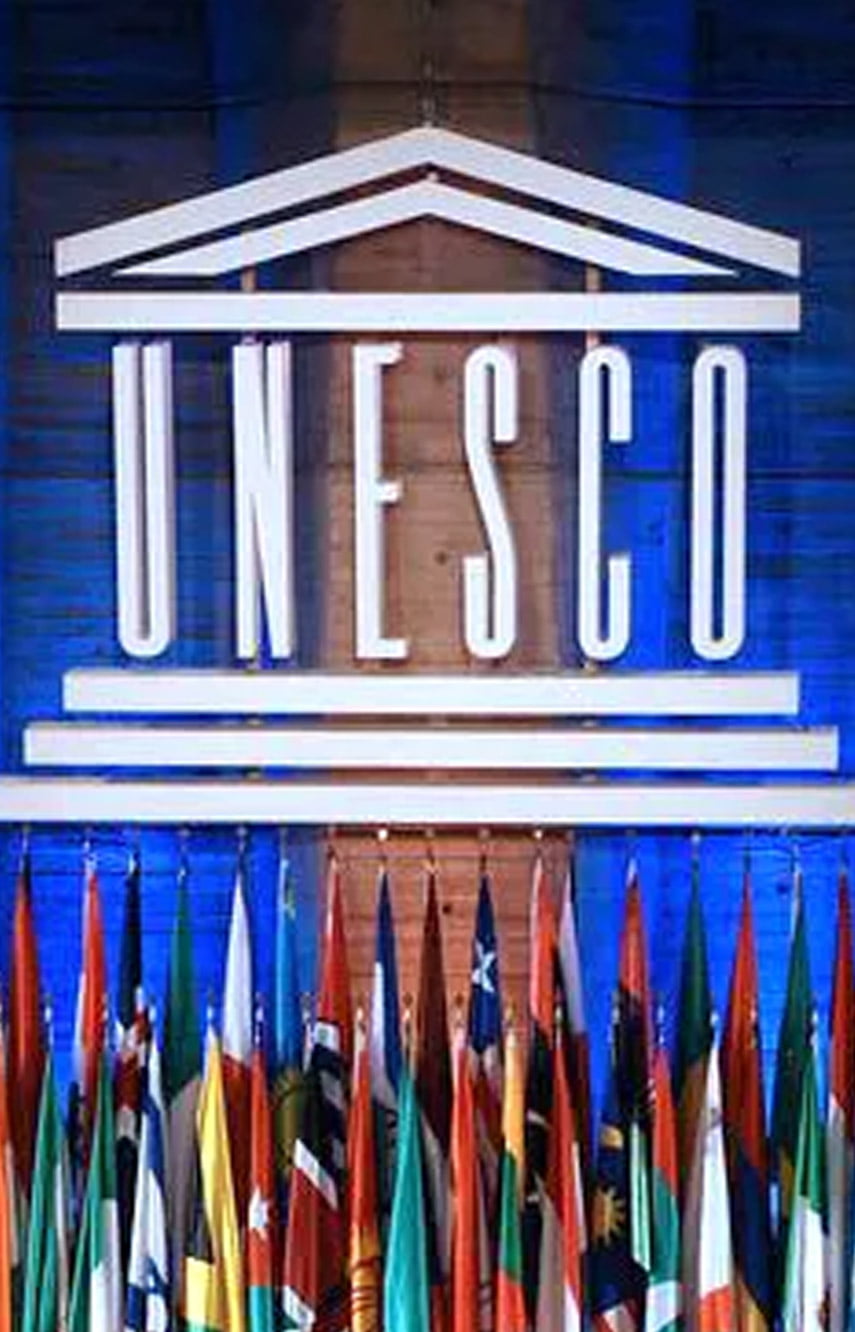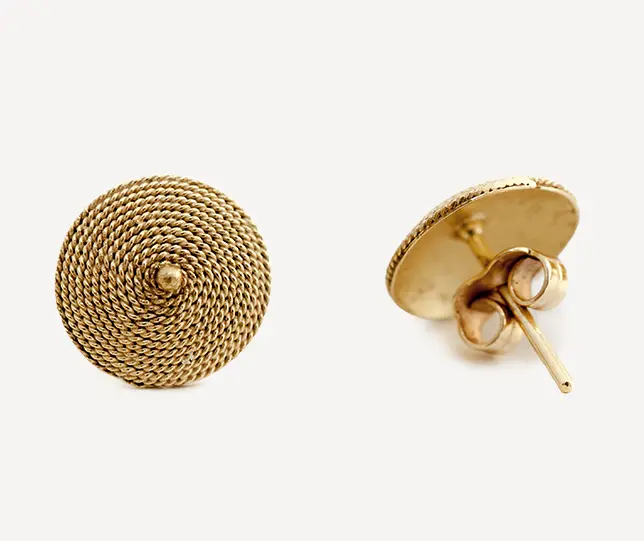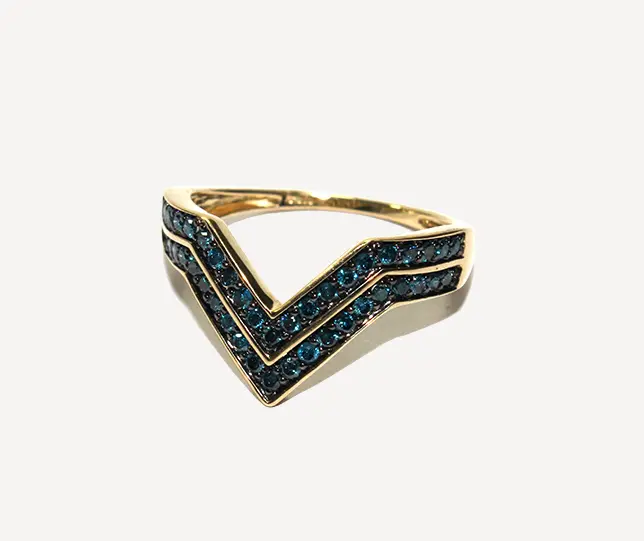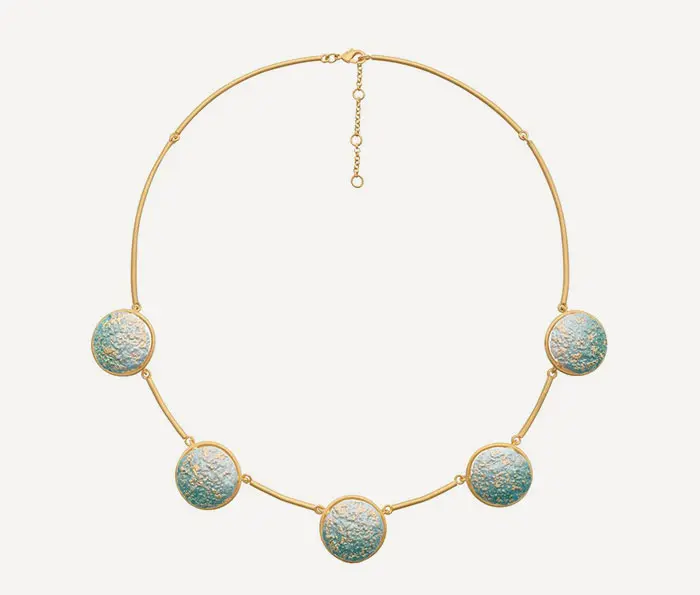Manal CHERKI
Creator of Peaces of Art, Poetic Dancer, Generous Singer & Expressionist Painter

Manal CHERKI is a real multi-tasker: she is, at the same time, a singer, painter and dancer-choreographer. In all her artworks, very varied, the artist tackles societal issues and her work aims, in the first place, to denounce wars, violence and racism.
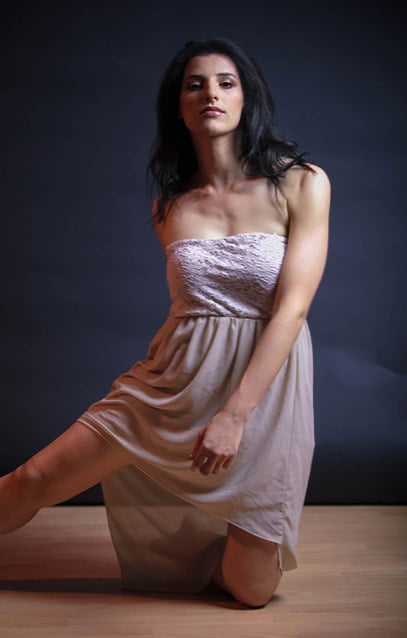
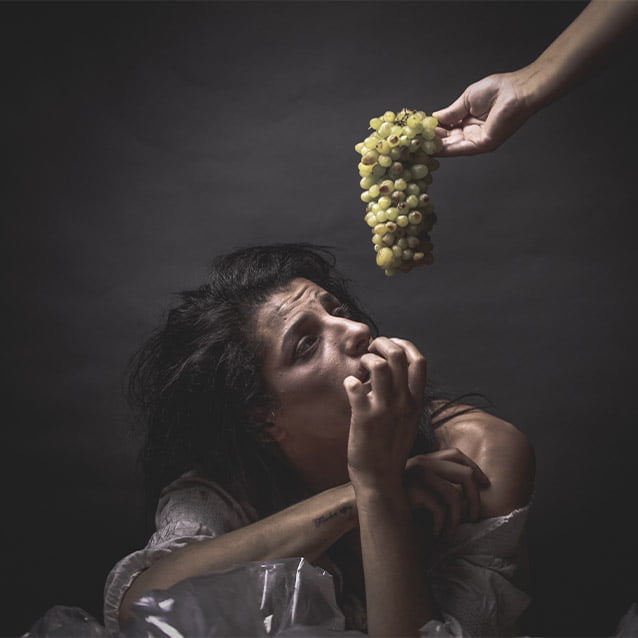
Convinced that it is a question of changing mentalities in terms of Human Rights, Freedom of expression, Rights of the discriminated people with special needs, the artist starts from the principle that Art is a major tool to inform and sensitize the opinion, as the best means to break the codes, to calm the spirits and to bring Peace.
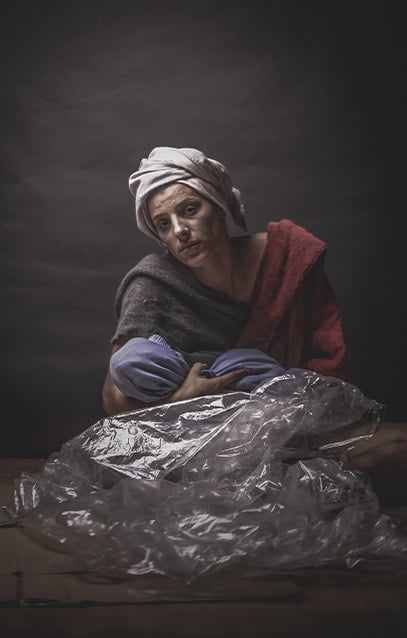
This is why she has chosen to speak out by producing artistic works, practicing without discrimination painting, body expression, music and photography. In the end, through all these ways of expression, Manal CHERKI defends, first, universal values such as Peace, Love, Solidarity, and Freedom.
Manal Cherki et la direction Artistique
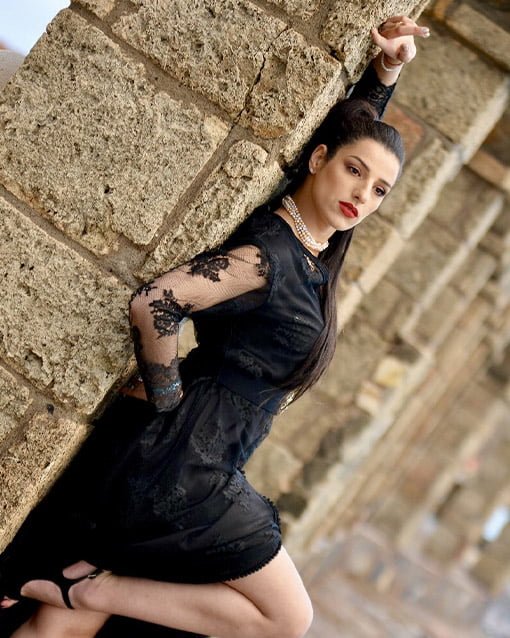
Autobiography of
Manal CHERKI
My artistic career began in my early childhood. With a profound disability in my left ear, art was a revelation to me, a way to recognize that we have a chance to exist fully and that our difference is a strength that we can share with each other.
My difference is that I was interested very early in colors, shapes, music and materials, which coexist in osmosis everywhere around me. This is how, naturally, dance came to me, then painting and singing, as well as other artistic forms, making a perfect combination for a better expression of the soul.
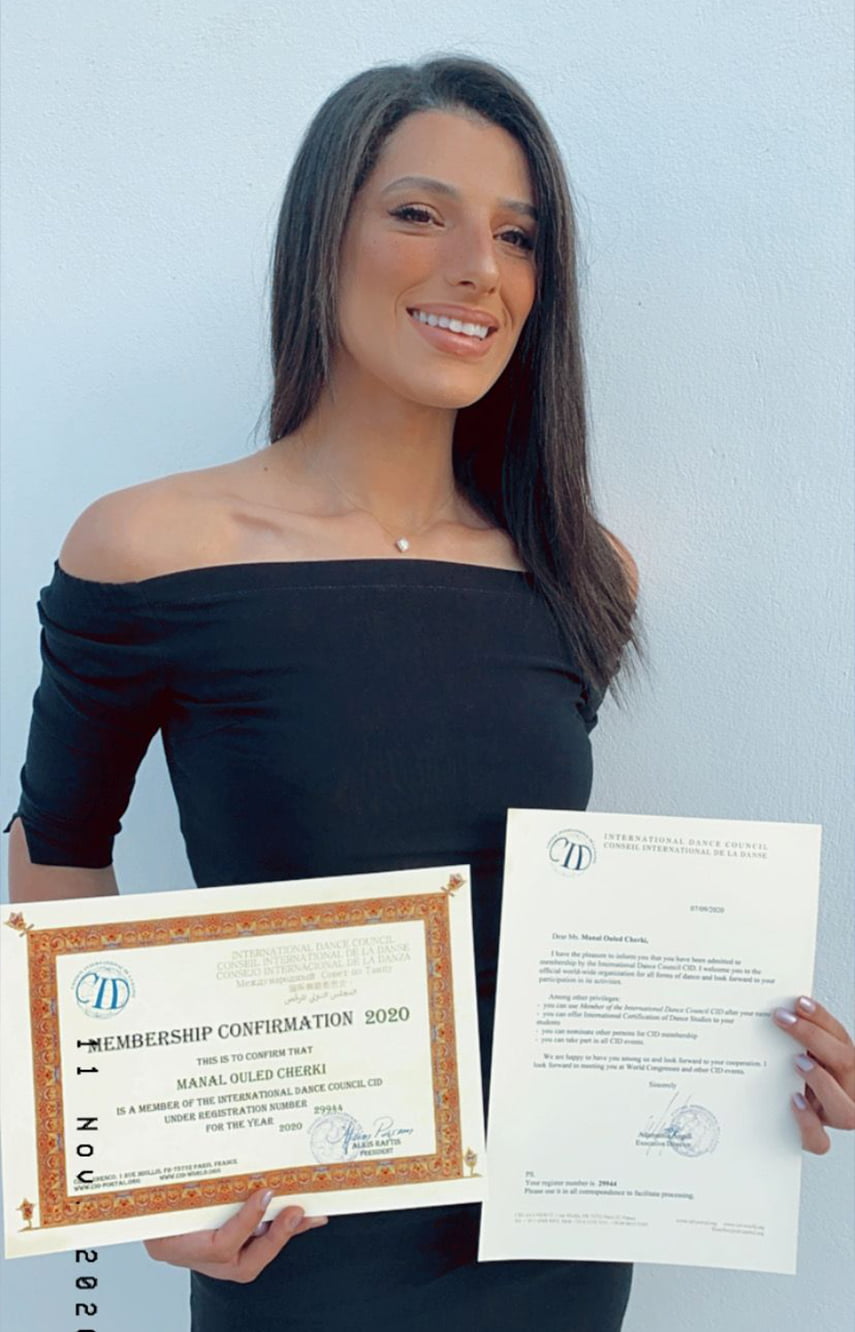
Manal and UNESCO
In November 2020, Manal CHERKI was promoted to the International Dance Council of UNESCO. This honor is a reward for her various artistic works about the universal values defended by the international organization responsible for the promotion of culture in the world.
On the website of the International Dance Council (IDC), one can read: “The IDC is open to any approach to dance. Reflecting the principles of the United Nations and UNESCO, it does not discriminate based on race, gender, religion, political belief or social status”.
